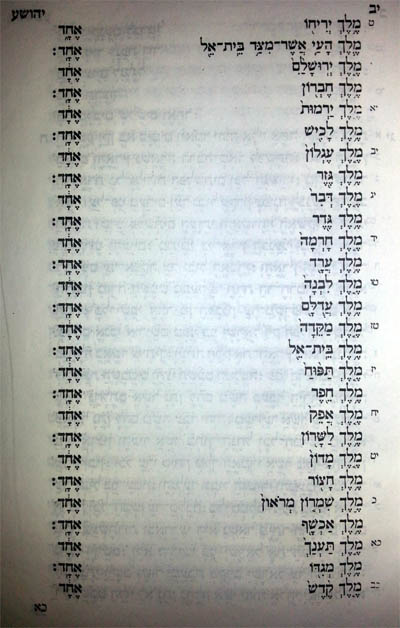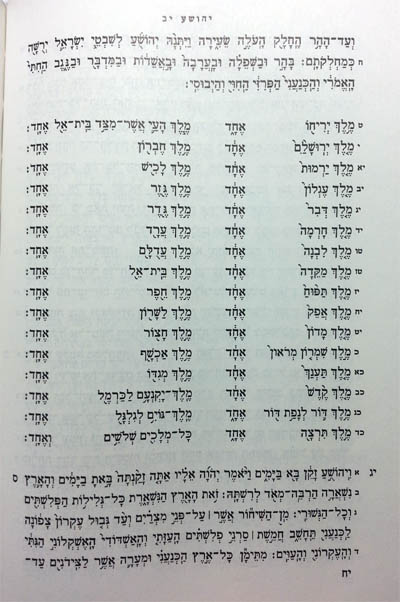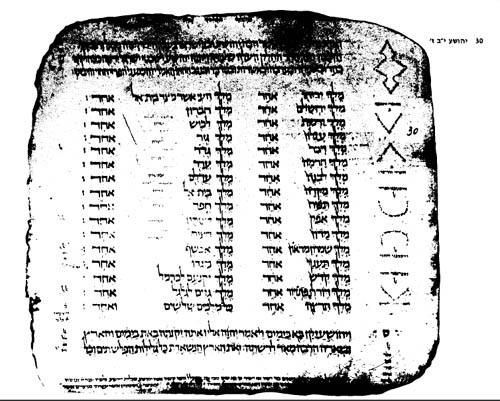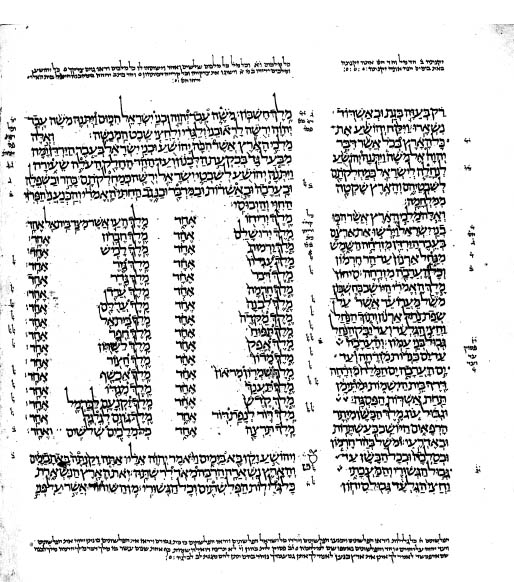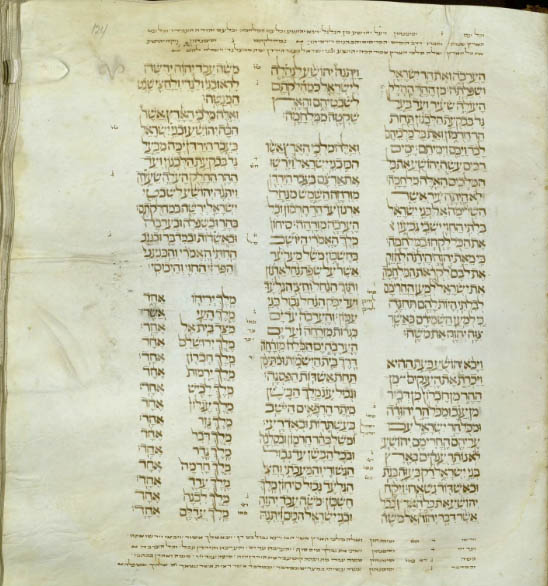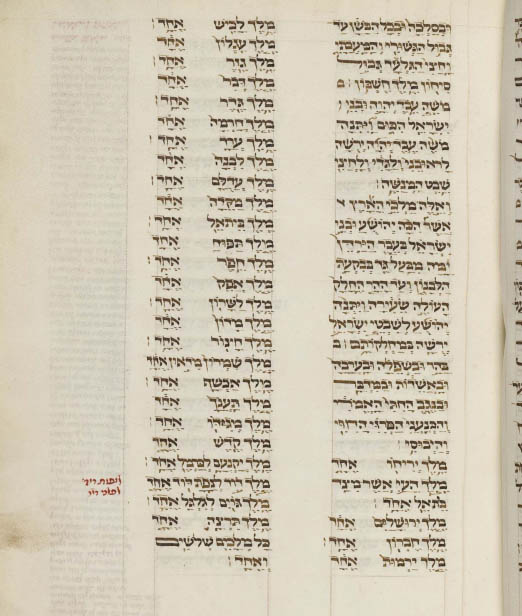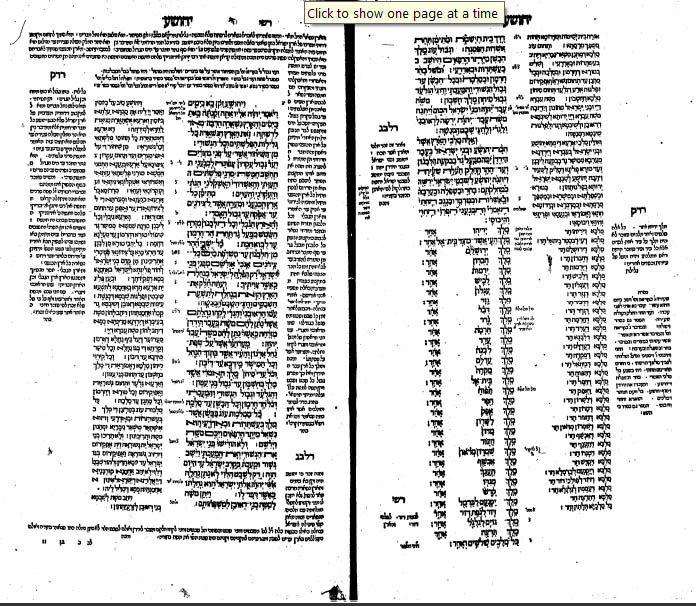The phrase אעשה שפטים is well known from שמות יב:יב:
וְעָבַרְתִּי בְאֶרֶץ מִצְרַיִם בַּלַּיְלָה הַזֶּה וְהִכֵּיתִי כָל בְּכוֹר בְּאֶרֶץ מִצְרַיִם מֵאָדָם וְעַד בְּהֵמָה וּבְכָל אֱלֹהֵי מִצְרַיִם אֶעֱשֶׂה שְׁפָטִים אֲנִי יי
The phrase occurs several times in יחזקאל:
טז:מא ועשו בך שפטים
and again: כח:כב, לו:יט, ה:י, י:טו, יא:י, טז:מד, כה:יא and ל:יד
The most instructive is יד:כא
כִּֽי־אַרְבַּ֣עַת שְׁפָטַ֣י ׀ הָרָעִ֡ים חֶ֠רֶב וְרָעָ֞ב וְחַיָּ֤ה רָעָה֙ וָדֶ֔בֶר שִׁלַּ֖חְתִּי אֶל־יְרוּשָׁלִָ֑ם לְהַכְרִ֥ית מִמֶּ֖נָּה אָדָ֥ם וּבְהֵמָֽה
שפטי means plagues or punishments here, and the four plagues are specified. And HALOT translates the noun שֶׁפֶט as penalty or punishment.
Ezekiel 38:22
ונשפטתי אתו בדבר ובדם וגשם שוטף ואבני אלגביש אש וגפרית אמטיר עליו
The only overlap with the earlier ארבעת שפטי is דבר
Another example is:
יחזקאל לט:כא
וְנָתַתִּי אֶת כְּבוֹדִי בַּגּוֹיִם וְרָאוּ כָל הַגּוֹיִם אֶת מִשְׁפָּטִי אֲשֶׁר עָשִׂיתִי וְאֶת יָדִי אֲשֶׁר שַׂמְתִּי בָהֶם:
This also informs the usage of יד.
In דברי הינים ב כ:ט, in Jehoshaphat’s list of woes that might befall the people, שפוט is listed among רעה, and חרב, and דבר, and רעב.
אִם־תָּב֨וֹא עָלֵ֜ינוּ רָעָ֗ה חֶרֶב֘ שְׁפוֹט֘ וְדֶ֣בֶר וְרָעָב֒ נַֽעַמְדָ֞ה לִפְנֵי֙ הַבַּ֤יִת הַזֶּה֙ וּלְפָנֶ֔יךָ כִּ֥י שִׁמְךָ֖ בַּבַּ֣יִת הַזֶּ֑ה וְנִזְעַ֥ק אֵלֶ֛יךָ מִצָּרָתֵ֖נוּ וְתִשְׁמַ֥ע וְתוֹשִֽׁיעַ:
ועתה התיצבו ואשפטה אתכם לפני יקוק את כל צדקות יקוק אשר עשה אתכם ואת אבתיכם
